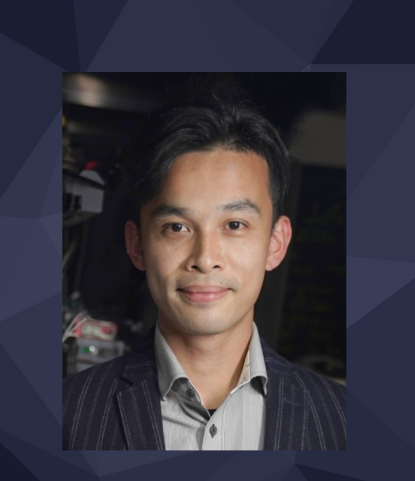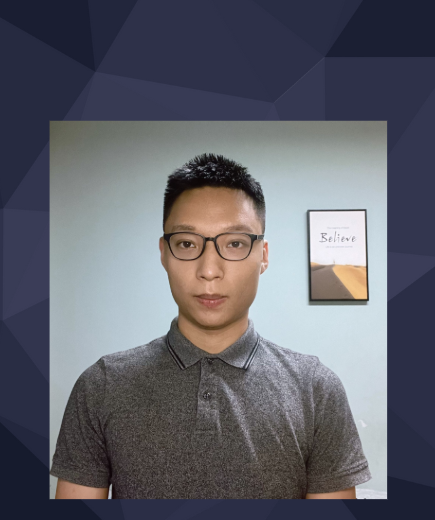The diamond has been well known as the gem stones in jewellery market, and the same material with various atomic defects, i.e., fluorescent impurities in diamond lattice, shows unique quantum behaviors even at ambient conditions. A diamond, not just a best friend of ladies, but also the best friend of scientists. Due to their unique quantum properties, these atomic defects has been demonstrated to achieve nanometric measurement of various physical quantities such as electromagnetic fields, temperature and etc. with unprecedented precision. Here, I will firstly review the development of diamond-based science and technology, and discuss its potential applications in diverse fields. Specifically, I will introduce the on-going research activities in my group, mainly including the high figure-of-merit diamond materials synthesis, advanced quantum diamond microscope development and diamond quantum sensing in single living cells. In addition, I will also share my journey in exploring beyond academics, e.g., we apply quantum diamond microscope for authenticity identification in local jewellery industry.










